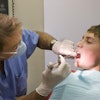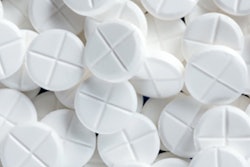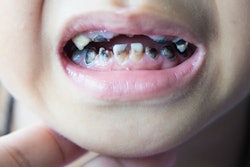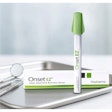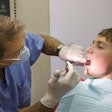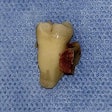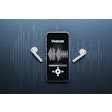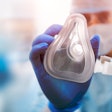Dear Anesthesia & Pain Management Insider,
Are computerized anesthesia devices the future of dentistry? These smart systems can provide dentists with crucial feedback during anesthesia delivery and result in less pain and anxiety for adult dental patients, according to a new paper in the Journal of Oral and Maxillofacial Surgery. Learn more in our Insider Exclusive.
Also new in the Anesthesia & Pain Management Community, Henry Schein has agreed to pay $500,000 to settle a case in which the wholesale distributor allegedly improperly distributed hundreds of thousands of painkillers to dentists and other doctors despite red flags of drug abuse, according to the U.S. Department of Justice. The special agent in charge asserted the company "played a role in fueling the opioid crisis in several states."
The news was timely as the U.S. Centers for Disease Control and Prevention released new data showing overdose deaths in the U.S. topped 100,000 for the first time. In the 12-month period ending April 2021, an estimated 100,306 drug overdose deaths were reported, an increase of nearly 30% from the same period in 2020. Opioid-related deaths also rose during this time period, with about 20,000 more overdose deaths in 2021 than 2020.
When it comes to prescribing opioids, you may think about the inherent risks of addiction and respiratory depression. But in an episode of Dental Dose, Tom Viola, RPh, said you should also consider the risk of liver damage when prescribing opioids that contain acetaminophen. Like other experts, Viola advised prescribing opioid tablets in the smallest number of tablets, at the lowest dosage, and for the shortest period of time.
Dental Dose also covered what you need to know about proposed changes from the U.S. Preventive Services Task Force (USPSTF) regarding aspirin. In a draft recommendation statement, the task force said the risks of low-dose aspirin outweigh any potential cardiovascular protective effects for many adults. If the guidance is finalized, the USPSTF will not recommend the use of low-dose aspirin to prevent cardiovascular disease in adults ages 60 and older.
Finally, is cold saline the key to less pain after root canals? Researchers evaluated the effects of intracanal cryotherapy, the superficial application of a cold solution to relieve endodontic pain. Based on the results, the approach appears promising as a way to reduce postoperative pain after root canal treatment.



